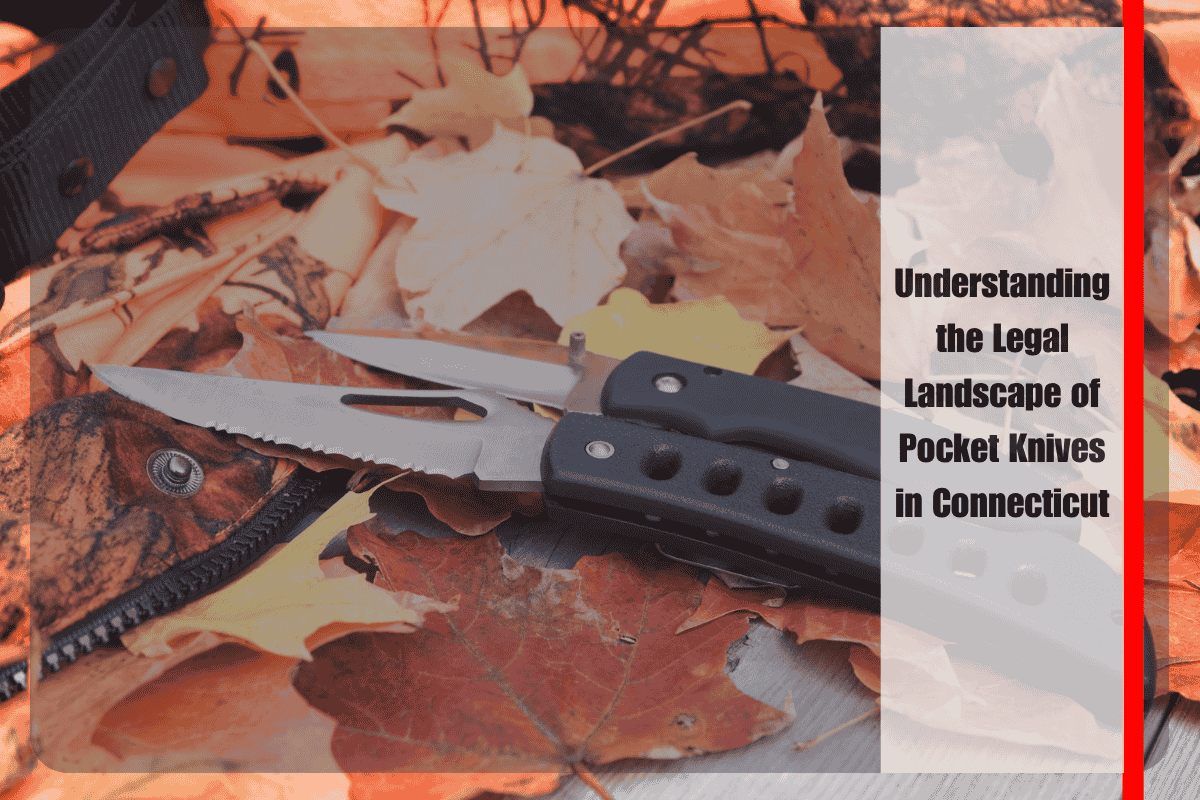In Connecticut, the legal landscape surrounding pocket knives is defined by specific statutes that regulate the possession, carry, and blade length of knives to balance public safety with individual rights. Generally, owning and carrying pocket knives is legal, but there are important limitations and conditions to be aware of.
Connecticut law distinguishes knife types and sets blade length limits for carrying them. For automatic or switchblade knives, the law restricts the maximum allowable blade length to 1.5 inches. This is one of the strictest limits of its kind in the United States, effectively banning most automatic knives with longer blades from legal carry. For other knives, including typical folding pocket knives, the legal blade length limit for carrying is up to 4 inches.
The law applies equally to open or concealed carry of knives—whether a knife is carried openly or hidden does not affect the legality as long as the blade length and type restrictions are followed. However, carrying a knife with the intention to use it unlawfully or to threaten others is prohibited and can result in criminal charges.
Connecticut also prohibits possession of knives defined as dangerous weapons on school grounds, including public and private K-12 schools and school-sponsored events. This prohibition is consistent with policies aiming to maintain safety in educational environments.
Several exceptions exist for military personnel, law enforcement officers, and individuals transporting knives as merchandise or for lawful purposes like repair or moving household goods. Hunters, fishers, and trappers holding valid licenses may also carry knives necessary for their lawful activities.
Violations of Connecticut’s knife laws, such as carrying an automatic knife with a blade longer than 1.5 inches or any knife with a blade exceeding 4 inches without proper justification, are serious offenses classified as Class D felonies. These can carry penalties including imprisonment of one to five years and fines up to $5,000.
Notably, Connecticut’s Supreme Court has recognized certain knives, such as dirks, as constitutionally protected arms under the Second Amendment, highlighting the state’s nuanced approach to knife regulation and individual rights.
Understanding pocket knife laws in Connecticut involves knowing the blade length restrictions, restrictions on carry locations like schools, and the legality of carrying knives openly or concealed. Responsible compliance with these regulations ensures lawful ownership and carry while avoiding severe legal consequences.
This legal framework reflects Connecticut’s effort to provide clarity for knife owners while addressing public safety concerns through targeted restrictions, particularly on automatic knives and dangerous weapon possession in sensitive areas.
Sources
[1] https://nobliecustomknives.com/us-knife-laws/connecticut-knife-laws/
[2] https://www.akti.org/state-knife-laws/connecticut/
[3] https://ravencresttactical.com/connecticut-knife-laws/
[4] https://www.shokuninusa.com/blogs/news/pocket-knife-laws-knife-length-laws-usa
[5] https://www.carved.com/blogs/life-at-carved/pocket-knife-rules-laws-by-state












